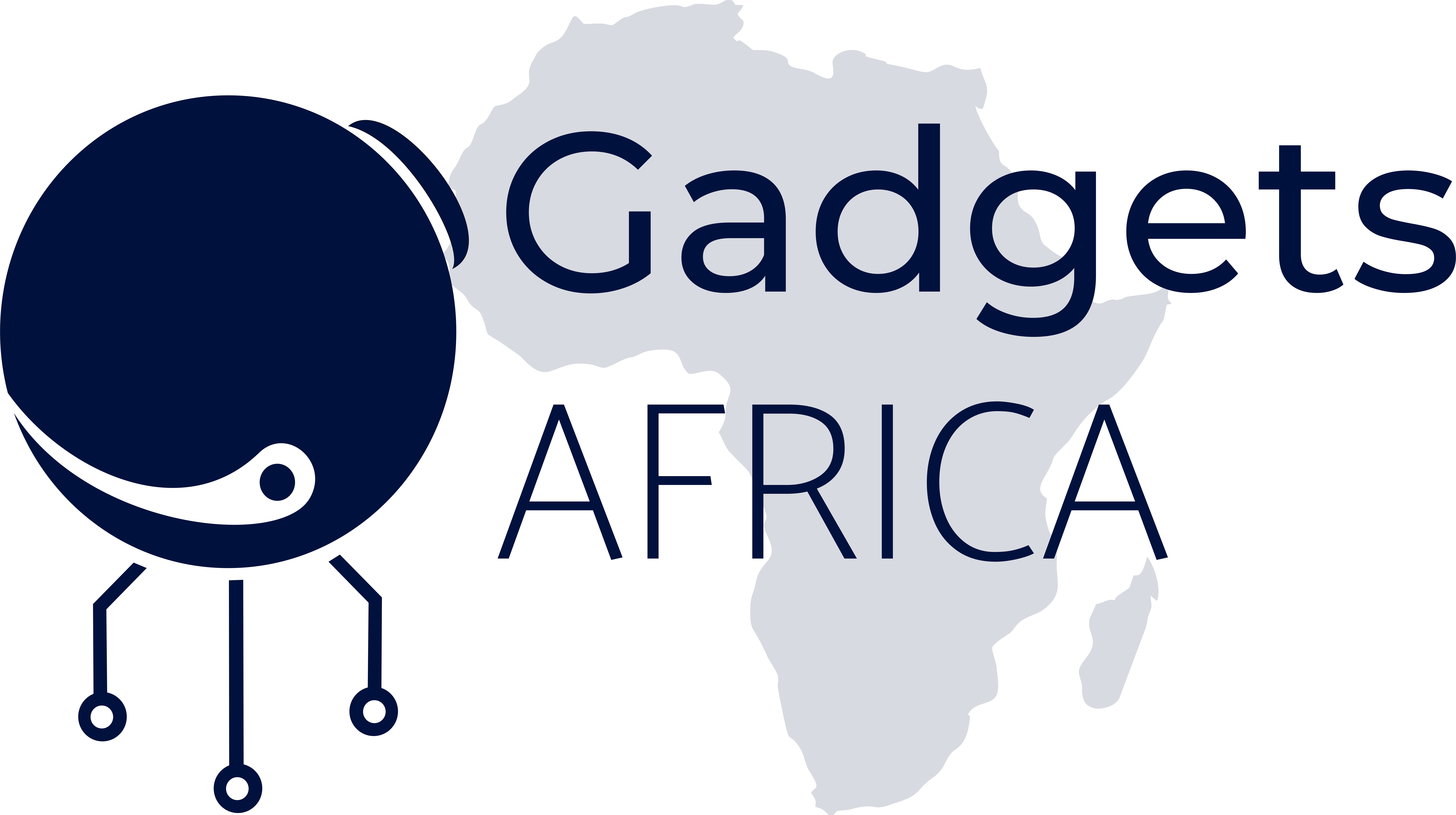Swedish Radio has announced its exit from Twitter on Tuesday.
They became the first major European public broadcaster to do so, joining three North American broadcasters who have done so in the last week.
Swedish Radio stated that the decision was made because Twitter had lost relevance for a Swedish audience, rather than because of Twitter’s new policy under owner Elon Musk to classify more public stations as government-supported.
“The audience has simply chosen other places to be. And therefore Sveriges Radio now chooses to deactivate or delete the last remaining accounts,” Christian Gillinger, Swedish Radio’s head of social media, wrote in a blog post.
NPR and PBS in the United States, as well as Canada’s CBC, have all left Twitter in the last week after the social media firm placed new labels to their accounts branding them as “government-funded media.”
So far, the adjustment appears to have been implemented in North America but not in Western Europe, where Swedish Radio, the BBC, and others are labelled “publicly-funded.”
Swedish Radio, according to Gillinger, has no problem with the designation: “undefined on the current definition, it’s a correct description of how Swedish Radio is financed.”
Major Western broadcasters claim that there is a clear distinction between public-funded but editorially independent stations and those operated by governments.
Swedish Radio, Sweden’s largest radio company with 7.4 million weekly listeners in 2021, has been on Twitter since 2009.
It claimed that Swedes’ interest in Twitter had decreased, citing a research that said only 7% of Swedes used Twitter on a regular basis, compared to 53% for Facebook and 48% for Instagram.
Gillinger stated that the majority of accounts would be removed, while some would be marked as inactive. Individual Swedish Radio reporters were still allowed to use Twitter as they pleased.
However, he expressed concern that Twitter had cut its workforce, which could have a severe influence on Twitter’s ability to handle bots, disinformation, and hateful content.
“Of course, these are factors that also weigh in when we now decide to be editorially inactive on the platform,” he said.






















